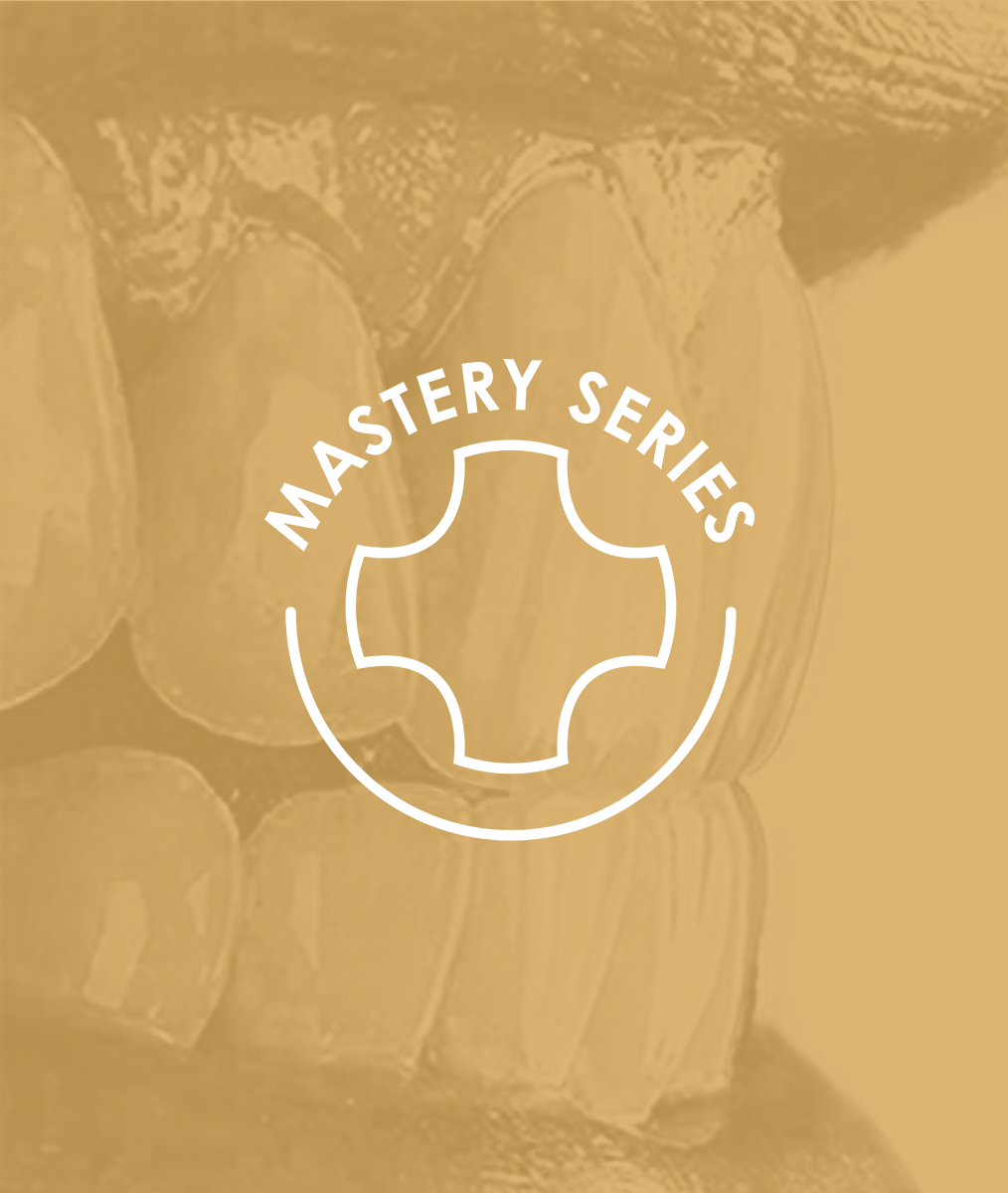Happiness Is a Warm Puppy
When dentists are asked to use their imaginations to create a vision of the future, they usually see themselves as achieving their dreams, becoming successful and living the happy American dream. Using our imagination gives us a sense of control over our lives. I myself used the term “master of my own destiny” as my battle cry to create my practice philosophy. Was I accurate? Well, not to the degree I thought I would be. The old saying, “Man plans, and God laughs,” applies.
At the start of my career, I didn’t realize the effect that technology, the economy, advertising, and insurance would have on my plans. My definition of success at the start included words like accomplishment and achievement of a worthy goal. I learned the sense of well-being was to become an integral part of this.
Over four decades of practice, I learned that in order to live a life well-lived, certain components would be required. I could not have survived forty years if I had to go to work every day without the ingredients of a happy life.
The Ingredients of a Happy Life
The positive psychologists tell us that our well-being is dependent on five components. Dr. Martin Seligman, from the University of Pennsylvania, uses the acronym PERMA to describe these five.
P – Positive Emotion. For us to experience well-being, we need positive emotion in our lives. Any positive emotion such as peace, gratitude, satisfaction, pleasure, inspiration, hope, curiosity, or love falls into this category – and the message is that it’s really important to enjoy yourself in the here and now as long as the other elements of PERMA are in place.
E – Engagement. When we’re truly engaged in a situation, task, or project, we experience a state of flow. Time seems to stop, we lose our sense of self, and we concentrate intensely on the present. This feels really good! The more we experience this type of engagement, the more likely we are to experience well-being.
R – Positive Relations. As humans, we are “social beings,” and good relationships are core to our well-being. Time and again, we see that people who have meaningful, positive relationships with others are happier than those who do not. Relationships really do matter!
M – Meaning. Meaning comes from serving a cause bigger than ourselves. We all need meaning in our lives to have a sense of well-being. We need to create our own meaning with a sense of intent and purposefully design our own lives and practices accordingly.
A – Accomplishment/Achievement. Many of us strive to better ourselves in some way, whether we’re seeking to master a skill, achieve a valuable goal, or win in some competitive event. Flourishing in this way adds to the sense of wellness.
Happiness Is Subjective
All of the components together can be measured and hold the key to our well-being. Happiness, however, is about semantics. It’s about a subjective feeling.
Aristotle said it is “an expression of the soul in considered actions.” He called those actions virtues and said one could only measure the degree of happiness in a person’s life at the end of one’s life.
Freud said happiness can be found in lieben und arbiten—to love and to work.
And, Charles Schulz, the creator of the Peanuts cartoon said, “Happiness is a warm puppy.” In truth, we cannot completely describe happiness, but we all know when we are happy.
Because the state of happiness is a present tense phenomenon, I have chosen what will make us happy in the future by what makes us happy now. That is why I have chosen Martin Seligman’s definition of well-being as defined by PERMA as a guide to a sustainable career and a life well lived. All of the PERMA components of well-being — positive emotions, engaging work, positive relationships, meaningful work and achievement, can be built into our practices.
Why Is Happiness Like a Warm Puppy?
Having an experience or two a day of true connection with patients can make all the difference in being satisfied at work. This simple definition of happiness is a good way to measure how you are feeling about your chosen career and practice life, because, if in the present of your everyday practice life, you feel moments of warmth (like holding a warm puppy), you will hold up well against the difficult moments, and you will have a rewarding career in dentistry.
Related Course
Mastering Dental Photography: From Start to Finish
DATE: October 10 2024 @ 8:00 am - October 12 2024 @ 2:00 pmLocation: The Pankey Institute
CE HOURS: 21
Dentist Tuition: $ 2495
Single Occupancy with Ensuite Private Bath (per night): $ 290
Dental photography is an indispensable tool for a high level practice. We will review camera set-up and what settings to use for each photo. All photos from diagnostic series, portraits,…
Learn More>







